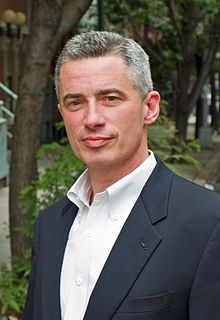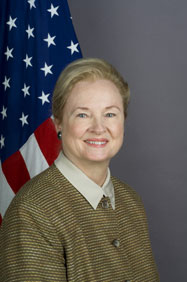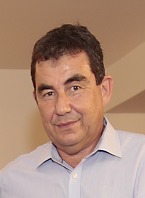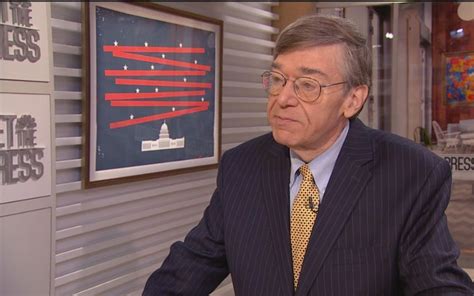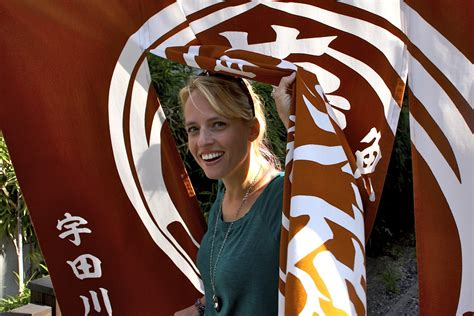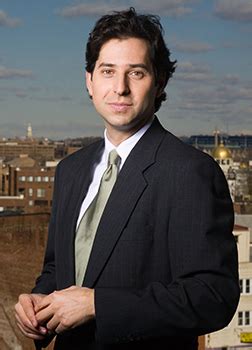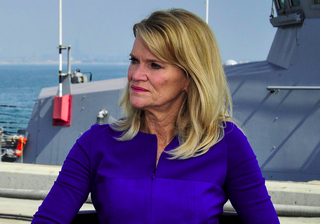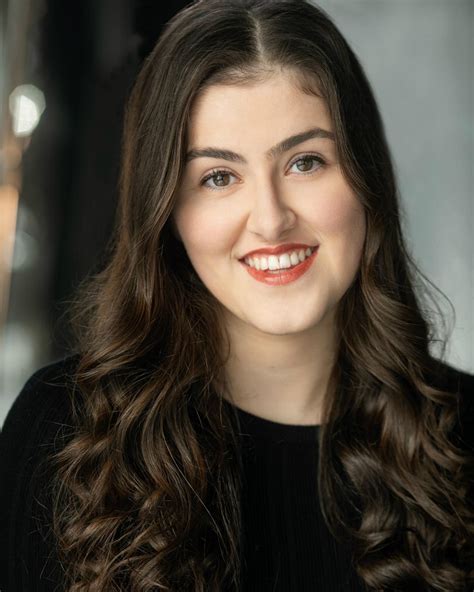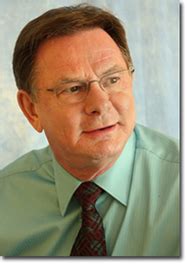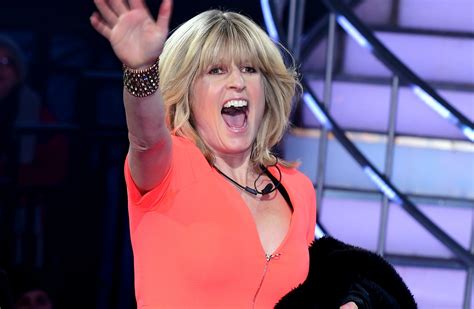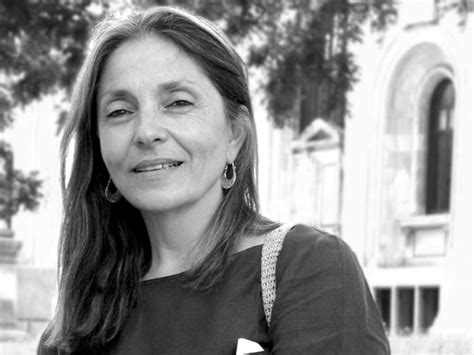A Quote by Annia Ciezadlo
There is a feminist proverb I learned from my mother: The personal is political. There's a powerful literary stereotype that men write about war and politics and public life, while women confine themselves to family and food and personal life.
Related Quotes
There's definitely some pieces in there that reflect on my personal life, but really, they aren't as personal as everybody thinks they are. I would like them to be more personal. The emotions, the songs themselves are personal. I can't do it - I've tried to write personally and it just doesn't seem to work. It would be too obvious. Some things that you could read in could fit into anyone's life that had any amount of pain at all. It's pretty cliche'.
Naturally my stories are about women - I'm a woman. I don't know what the term is for men who write mostly about men. I'm not always sure what is meant by "feminist." In the beginning I used to say, well, of course I'm a feminist. But if it means that I follow a kind of feminist theory, or know anything about it, then I'm not. I think I'm a feminist as far as thinking that the experience of women is important. That is really the basis of feminism.
I chose to write about food: food is inherently political, but it's also an essential part of people's real lives. It's where the public and private spheres connect. I wanted to show readers that the larger politics of war and economics and U.S. foreign policy are inextricably bound to the supposedly trivial details of our everyday lives.
Naturally, my stories are about women - I'm a woman. I don't know what the term is for men who write mostly about men. I'm not always sure what is meant by 'feminist.' In the beginning, I used to say, 'Well, of course I'm a feminist.' But if it means that I follow a kind of feminist theory, or know anything about it, then I'm not.
Social historians of the future no doubt will be amused by the fact that we late-twentieth-century Americans found it acceptable to discuss publicly in detail the most intimate aspects of personal life, while maintaining an almost prudish reserve concerning the political significance of family life.










